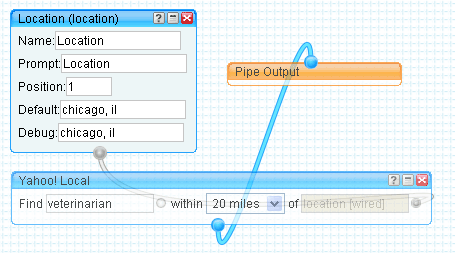Four Solutions For Creating Searchable Web Databases

A Website Magazine reader called in this morning and inquired about Web database solutions. It's always good to hear about the needs and wants of subscribers as it helps us understand what they are working on and how Website Magazine can help them be successful. I provided a few suggestions based on the explanation of the project and I thought I would share with our other readers.
The objective was to create a searchable database available on the Web. Sounds simple enough, right? Not really, depending on budgets and expectations for the finished product, there are a variety of possible solutions. Here are a few that I recommended:
1) Caspio Solution: The Caspio Bridge is an enterprise-grade platform for creating and deploying web database solutions that does note requir any programming expertise. I've tested Caspio and found it an intuitive, stable platform that would be an excellent choice for those thinking about launching their own Web application.
2) Open Source Solution: There's usually an open-source solution available that at least somewhat mirrors commercial, enterprise-level software. Sourceforge.net is a repository of such open-source solutions and contains hundreds of database offerings such as Simple Directory Listing, which with a few tweaks might render a workable database app.
3) Custom Software Solution: Open source solutions work fine for many as do hosted database creators like Caspio. There will come a time however when you want a little more control over the finished product. When that happens, developing a custom software solution will be the way to go. If you're looking for specialists in the Web programming industry, look no further than Website Magazine's Who's Who directory. A past issue of our magazine contained a Yahoo! Pipes or Microsoft's Popfly. Let's look at Pipes to see how we can create mashups for this purpose. The "Location Input" module is a module that accepts user-defined location strings. These values can be 'piped' in to other modules or pipes (such as the Yahoo! Local module) that accept a location as input. This module can also be used to let users enter their own location data on a Pipes run page.

I hope that helps readers looking for solutions to creating Web databases. Keep sending those questions, and we'll keep offering up answers to help you achieve Web success. If you're not yet a Website Magazine subscriber, sign up for free right now to the most popular print publication for those in pursuit of Web success.







